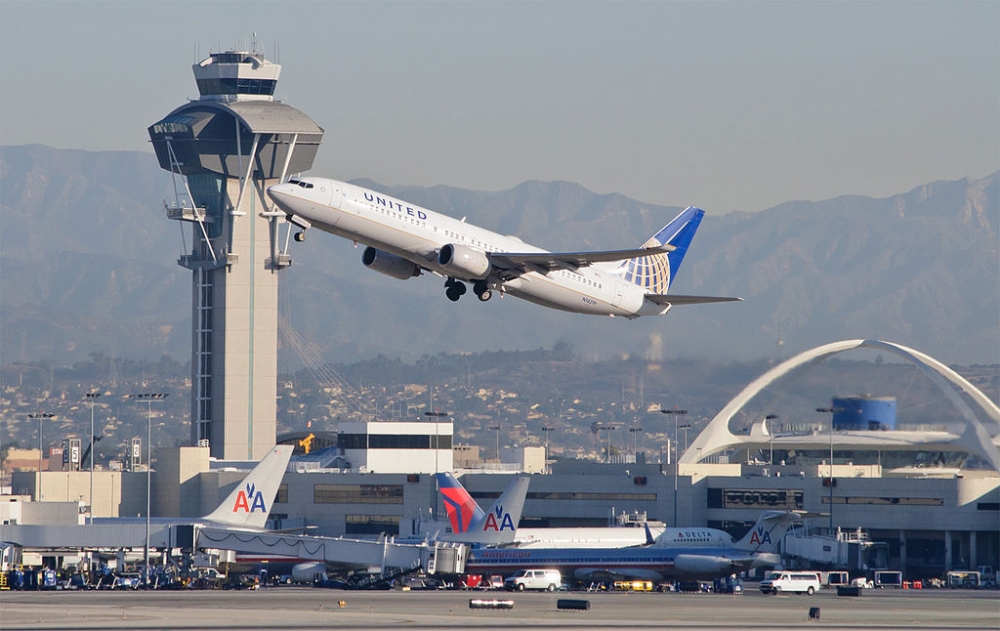Airlines welcome Trump move on air traffic control
16 March, 2017
3 min read


A group representing US airlines has applauded a Trump Administration proposal to move control of air traffic management from the Federal Aviation Administration s to an independent, non-government organisation.
The administration’s 2018 budget says the multi-year proposal would make the system more efficient and innovative while improving safety. This would benefit the flying public and taxpayers overall, it said.
Airline trade group Airlines for America (A4A) described the proposal as a bold step that would lead to the governance and funding reforms needed to move air traffic control infrastructure into the 21st century.
“Our system is safe, but it is outdated and not as efficient as it should – or could – be,’’ said A4A chief executive Nicholas E. Calio in a statement. “We need to stop accepting pockets of progress and put in place a modernized system that better serves the traveling and shipping public.”
A4A has long been pushing for reform of the air traffic control system and calling for it to be run by an independent, not-for-profit entity funded by system users.
It argues this approach would reduce the politics involved and guarantee a predictable and reliable funding stream that would allow the system to be modernised.
It has criticised the system’s “outdated, WWII-era technology and procedures” for unnecessary flight delays that cost the travelling public an estimated $US25 billion in 2016.
The US system has also been plagued by annual funding disputes that have led to delays in hiring new controllers and cast a pall over the FAA’s NextGen modernisation program to move from ground-based radar to a more accurate satellite-based GPS system.
The corporatisation move is supported by global airline group the International Air Transport Association but has its critics, who worry the system would be more complicated and have doubts about the ability to raise $US11 billion a year the FAA spends on air traffic control.
A prominent opponent, Florida Democratic Senator Bill Nelson, said recently there was disagreement between the House and the Senate on privatisation and noted it was opposed by the Defense Department.
Nor is support uniform among the major airlines with Delta Air Lines opposing privatisation.
The union representing air traffic controllers, the National Air Traffic Controllers Association, said it was evaluating the proposal to ensure it provides adequate funding for staffing.
Countries to have followed the corporatisation route include Canada, Germany and Australia while Britain has taken the model a step further and entered into a public-private partnership.
Get the latest news and updates straight to your inbox
No spam, no hassle, no fuss, just airline news direct to you.
By joining our newsletter, you agree to our Privacy Policy
Find us on social media
Comments
No comments yet, be the first to write one.

